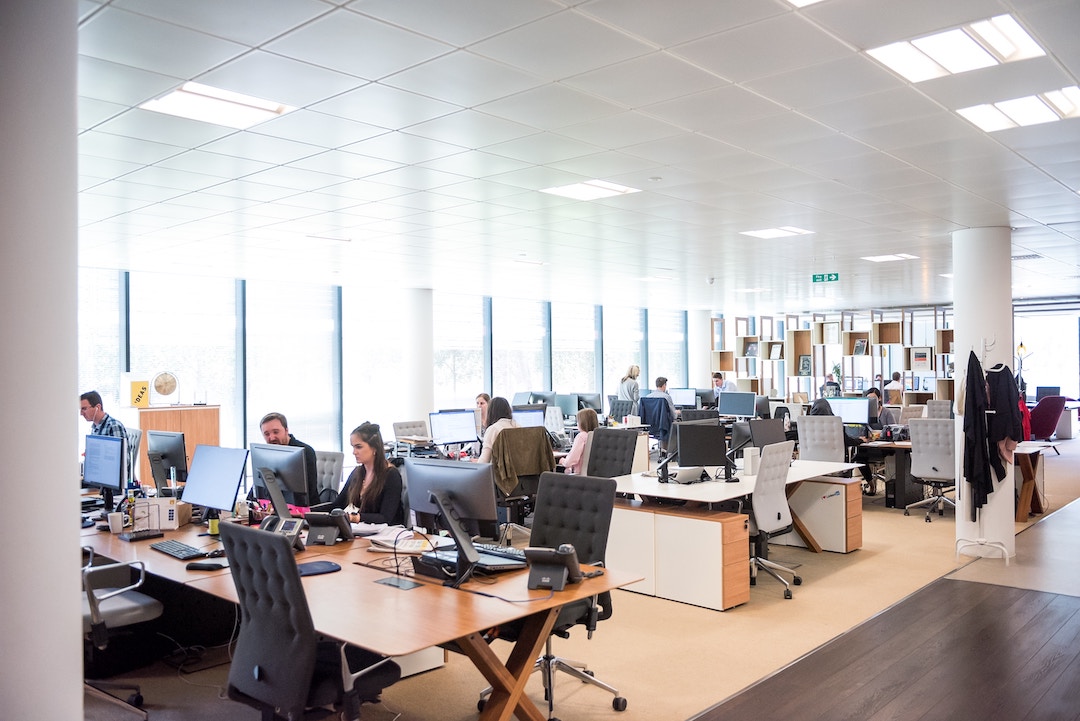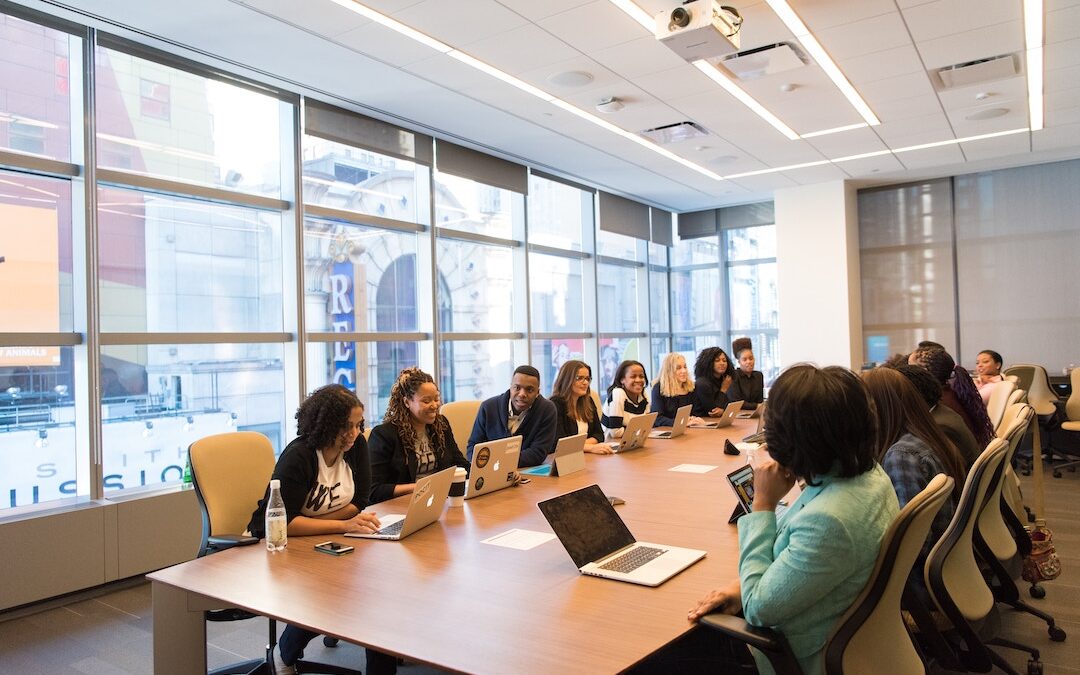A new survey has found that a majority of Aussies prefer to work in a company that has a diverse employment policy.
COS, Australia’s largest family-owned office products supplier, commissioned a recent study on workplace diversity. Through their interviews, they uncovered some startling insights into the strengths and weaknesses of Australian workplaces.

A surprising dichotomy
COS recently surveyed more than 1,000 Aussies to determine what employees value in the companies they work for.
Interestingly, two thirds of respondents cited diversity in the workplace as a crucial issue. However, only 47 percent reported having a company diversity policy, and 35 percent couldn’t say with certainty.
When asked why having a strong diversity policy was important, 33 percent stated that they valued inclusion, and 17 percent said it made them proud to be part of a company. In LinedIn’s Global Recruiting Trends report, it was found that diversity can improve company culture and financial performance.
However, a report from the Australian HR Institute published in February this year, found that while most (84%) of HR professionals believe diversity, equity and inclusion are important to the success of an organisation, only half see diversity as a priority for their companies. This highlights a discrepancy between what Aussies value, and how businesses execute policies.
According to the report, “there is an ethical, legal, economic and labour market imperative to creating diverse, equitable and inclusive workplaces in Australia. The pathway to realising this potential lies in leaders, managers and HR professionals working together to transform workplace culture through more deliberate interventions for the good of all Australian employees.”

Co-CEO of COS, Amie Lyone © COS
Championing change
Co-CEO of COS, Amie Lyone, reflected on her company’s findings and what they imply about worker values.
“There is a significant amount of research that reflects that diverse companies are more likely to outperform non-diverse businesses, so it’s truly in everyone’s best interest to ensure this is a priority within the workplace.
“As Co-CEO with my sister, it’s important for us to have strong representation of females at the leadership table and we are proud that 56 percent of our 60 leaders are women.
“Based on the evidence of the benefits, as well as the yearning for diversity from staff, it’s apparent that while leaders may want to improve this area of the business, they simply don’t know how or where to find the time.”

A four-step plan
Amie believes there are simple changes that every business can make to prioritise diversity.
Conduct an internal audit
Understanding the make-up of your staff, including gender split, pay differences and cultural groups, can help to inform future decisions.
Set out clear goals
Once the audit has been completed, use it as a guide to set achievable goals for the future. Whether this is increasing cultural diversity by 10 percent by 2030, or reducing the pay gap, goals keep management accountable and teams focused on development.
Review the hiring process
The hiring process is key to improving diversity. Simply expanding your search for candidates or diversifying the interviewing panel can foster a culture of inclusivity and inform better hiring practices.
Educate the whole company
All staff should feel included and supported. But in order to achieve this, everyone needs to be aware and acknowledge those around them. You can utilise the company’s communication system to educate employees and encourage tolerance.
“Often tasks like creating and implementing policies take a back seat to more time sensitive items that need urgent attention, but it’s clear that employees are looking for more businesses to implement diversity policies so it’s important to take action. Hopefully, following the above process makes it seem less overwhelming and puts your company on the right path to diversity in 2024 and beyond,” Amie finishes.
To read about the impacts of workplace loneliness, click here.

